Read next
The latest news, updates and expert views for ambitious, high-achieving and purpose-driven homeowners and property entrepreneurs.


From sustainability practices to the rise of artificial intelligence, there’s no question the way the architecture industry operates in 2024 is worlds away from where we were just 10 to 20 years ago. In this multifaceted chat with our founder, Ufuk Bahar, we explore his ideas around architecture’s future from a sustainability standpoint, as well as his best career advice for those just starting out in the profession. Let’s jump in.
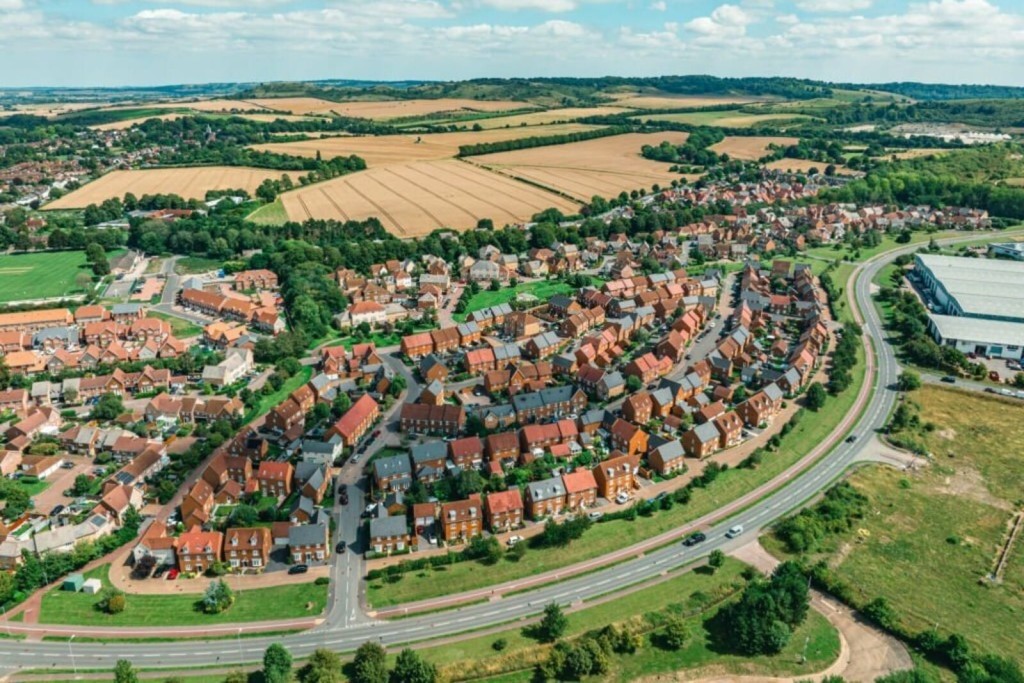
The Green Belt is often used as an excuse for not building enough homes, but with such a huge housing demand, a proper and fair assessment of its use is necessary to address the housing crisis. Furthermore, policy reform should consider the modernisation of planning laws to incentivise developers to build on brownfield sites. Debates around housing should also extend beyond quantity to the quality and affordability of homes, ensuring they meet the long-term needs of communities.

AI won't replace many architecture jobs, but it will change most of them. Knowing how to fully use AI tools will be crucial. As our design models grow with data, organisation and quality assurance will become essential for architectural practices. Moreover, AI will foster innovative design processes that can lead to more personalised living spaces. It's a topic of contention whether AI can truly complement the creative intuition of architects or if it may eventually constrain architectural innovation.

If you design a building without engaging the community, you've missed a golden opportunity. The real power lies in involving local residents in the planning process. In fact, this fosters a sense of ownership and makes the built-environment more sustainable through collective care. Additionally, community engagement can reveal local knowledge and preferences that might otherwise be overlooked, leading to more contextually appropriate designs. Critics, however, may argue that too much community input can compromise architectural integrity and delay progress.
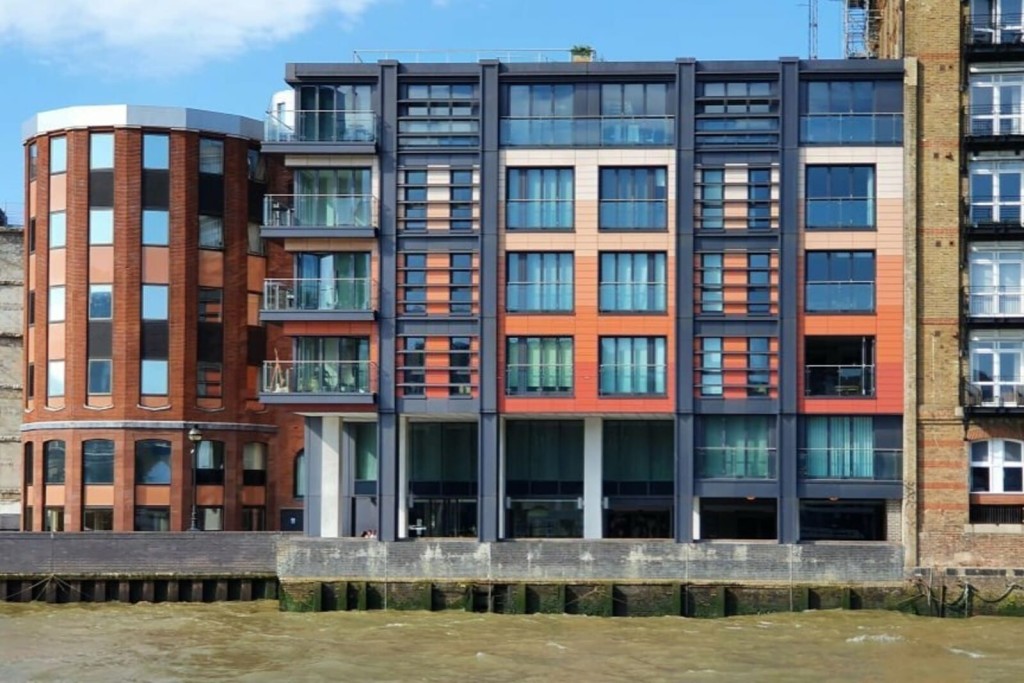
I would advise conducting a detailed demographic analysis to understand future residents' evolving needs. Then, integrate this insight with sustainable and contextual design to create enduring buildings. Developers should also remain flexible to adapt to the changing dynamics of urban life and technological advances. There's a balance to be struck between visionary architecture and practical functionality, a debate that continues to shape the industry.
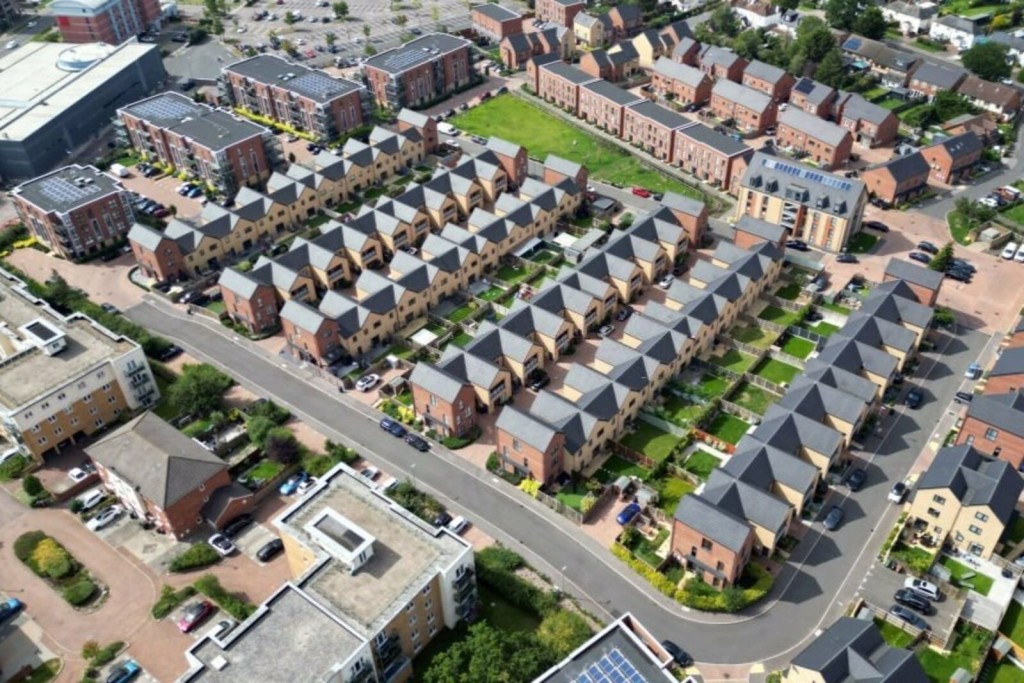
Our focus centres on architectural storytelling where we integrate modern functionalities with cues from historical patterns. This approach turns each building into a narrative that honours its context. It's a delicate dance between innovation and preservation, aiming to respect the past while embracing the future. Some may question if modern interventions dilute the historical character, but it's a necessary dialogue for progressive conservation.
I really don’t have one - there's been so many incredible designs over our journey so far. To single out one project would be like choosing a favourite chapter in an ongoing story - it's the collective experience that truly matters. Each project carries its unique set of challenges and triumphs, contributing to the growth of our practice. This perspective often invites debate on whether architects should be more emotionally invested in individual projects or maintain an objective distance.

Achieving net-zero carbon emissions in the UK necessitates architects to not merely adapt, but to advocate for systemic change, influencing policy to prioritise sustainability. Architects must also innovate in the use of materials and designs that reduce carbon footprints. This stance is sometimes met with scepticism about the feasibility of such ambitions within commercial constraints, sparking discussions on the role of government incentives.
Success begins with discovering the fact that there is no one else to blame or change except ourselves. Once we embrace this truth, we gain the power to take control of our actions and shape our own path to success. Designers should also seek to continuously learn and adapt, understanding that the field is evolving rapidly. While some debate the importance of specialisation versus a more generalist approach, the key may well lie in the ability to integrate diverse skills to remain relevant.
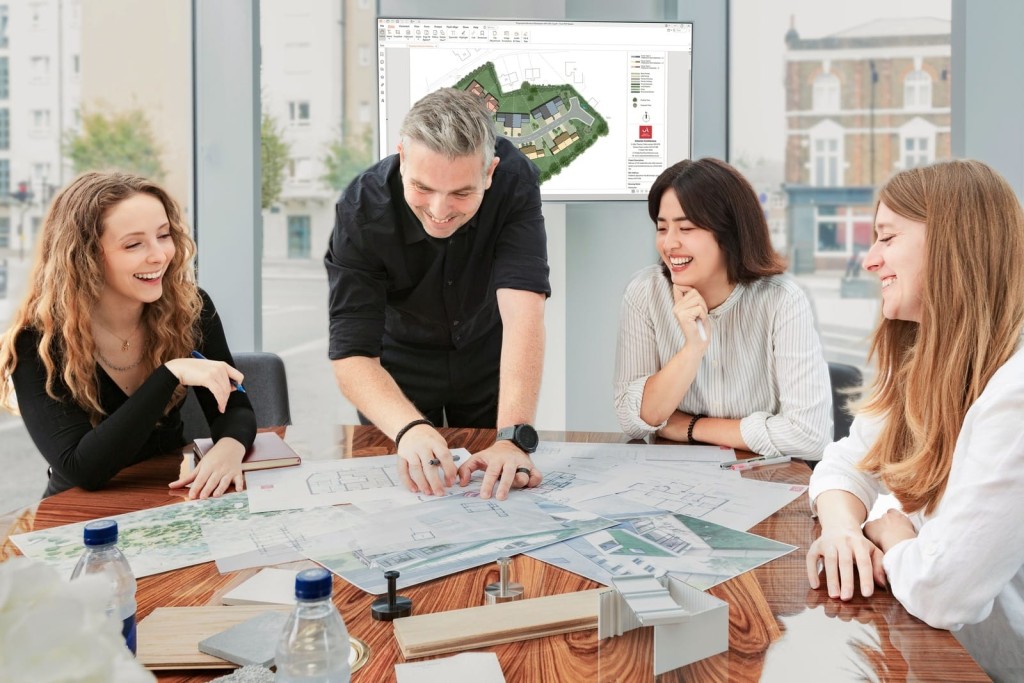
It's our people and our culture that set us apart. We have a passion for quality and a drive to succeed, but what truly makes us unique is the way we collaborate and think creatively. Our willingness to challenge conventional wisdom and push boundaries defines our ethos. Some may argue that such a culture is difficult to sustain in a competitive market, but we believe it's what makes our work stand out.
As you’ll have garnered from this article, a lot is changing in the world of architecture. While change can be scary, it’s also hugely exciting seeing advances in the sustainability and technology sectors, advances we believe will ultimately make our services more innovative than ever before. One of the elements we pride ourselves on at Urbanist Architecture is our ability to stay up-to-date with all industry developments, ensuring our clients are being presented with the best possible design strategies and solutions available. If you’re looking at making a start on your next project and are eager to learn more about our expert services, please don’t hesitate to get in touch with our friendly team.
The Green Belt is one of the most contentious and misunderstood pieces of planning policy in England and it’s a topic we at Urbanist Architecture have a lot of experience working with. For this reason, we decided to pool our learnings and pen a book delving deep into the Green Belt from every possible angle.
‘Green Light to Green Belt Developments’ investigates the policy's biggest winners and losers, and explores its connections to climate change and the housing crisis, as well as what the future might hold, particularly now a new Labour government is in power. It also looks at the history of the policy and how it’s managed to endure while other policies have evolved and adapted with the times. Of course, it also identifies the exceptions and circumstances that exist for permitting development in the Green Belt, so you can better your chances of gaining planning permission.
We’ve written this book for anyone seeking a more rounded understanding of one of England's most debated urban planning issues, making it accessible to both industry professionals and the general public.
Whether you are a landowner in the Green Belt wishing to understand the potential for land value uplift or a developer planning to build new homes in the Green Belt, this book is an essential read. Order your copy now.

Urbanist Architecture’s founder and managing director, Ufuk Bahar BA(Hons), MA, takes personal charge of our larger projects, focusing particularly on Green Belt developments, new-build flats and housing, and high-end full refurbishments.
We look forward to learning how we can help you. Simply fill in the form below and someone on our team will respond to you at the earliest opportunity.
The latest news, updates and expert views for ambitious, high-achieving and purpose-driven homeowners and property entrepreneurs.
The latest news, updates and expert views for ambitious, high-achieving and purpose-driven homeowners and property entrepreneurs.

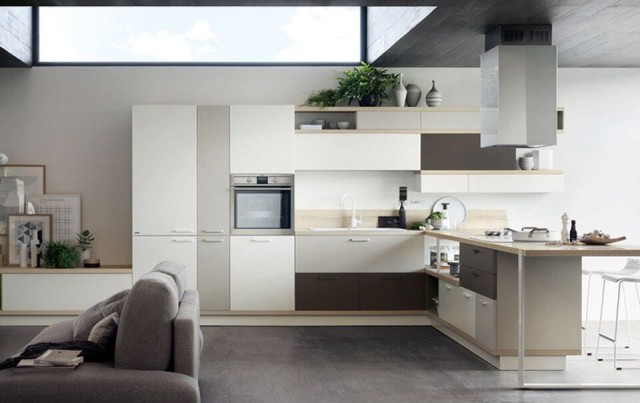

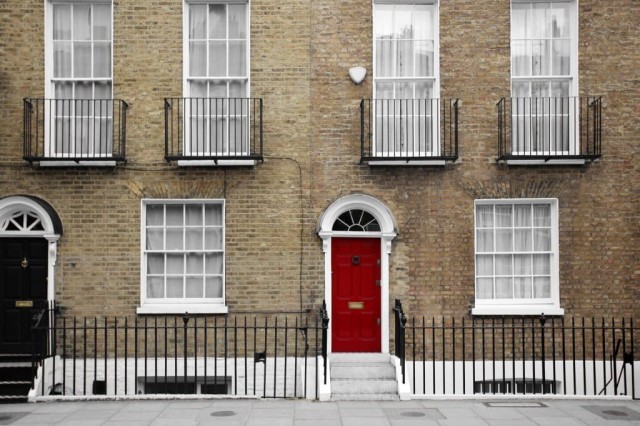
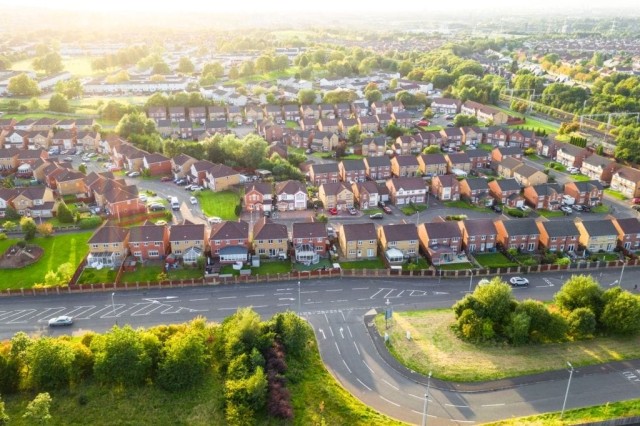
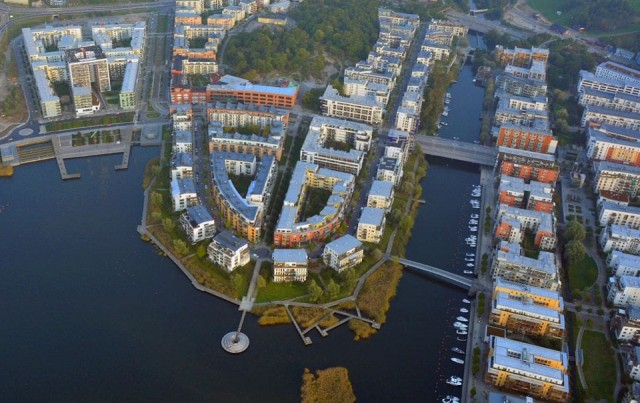
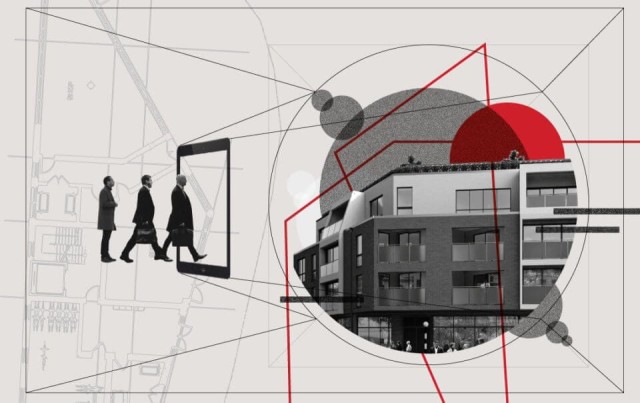
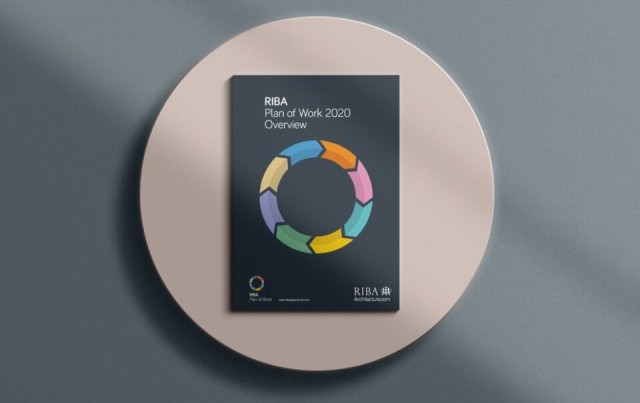
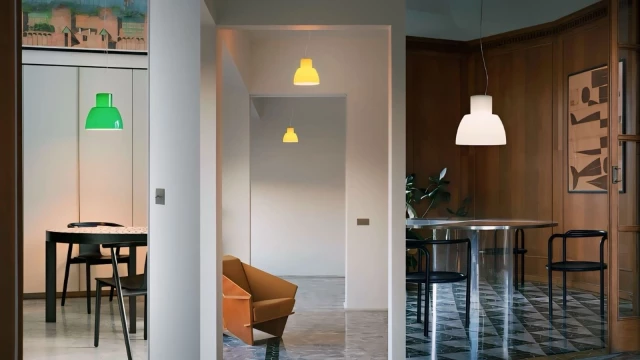
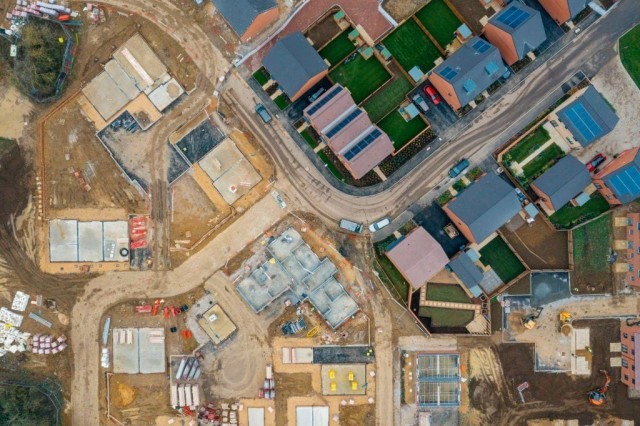
We specialise in crafting creative design and planning strategies to unlock the hidden potential of developments, secure planning permission and deliver imaginative projects on tricky sites
Write us a message